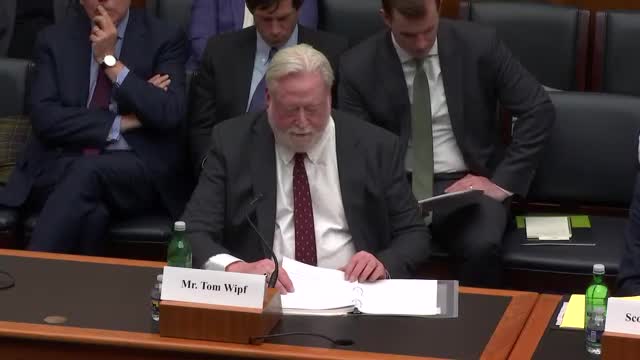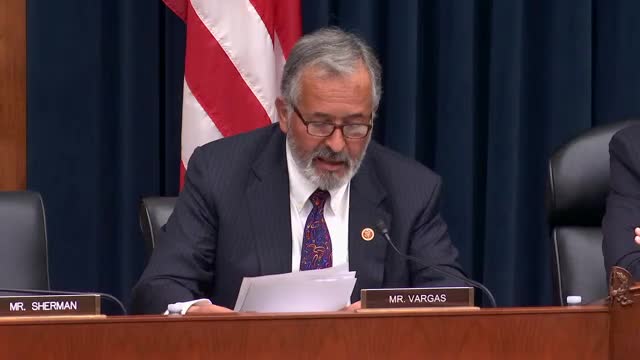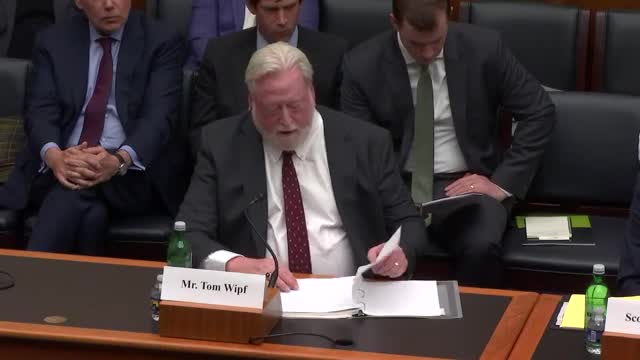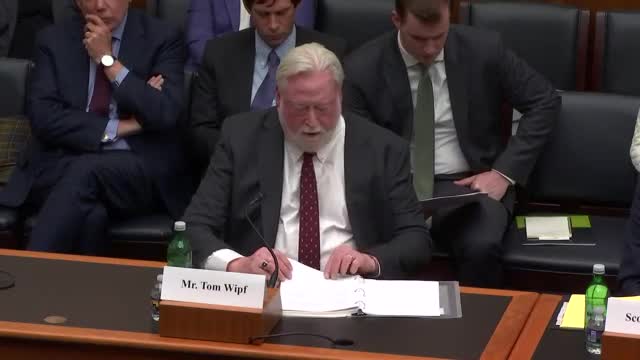Article not found
This article is no longer available. But don't worry—we've gathered other articles that discuss the same topic.

Panel: Treasury Market Functioning Tied to Fed Balance Sheet, Dealer Capacity and Investor Mix

Lawmakers and Economists Warn Tariffs Could Raise Prices, Weaken Treasury Demand

Bank Capital Rules and Basel III Endgame Cited as Constraint on Dealer Liquidity

